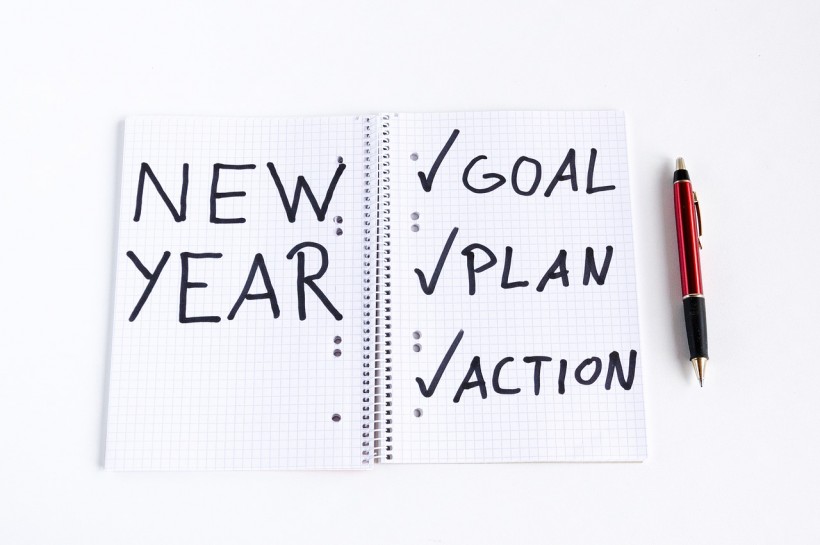It is easy to get hyped at the start of the year and make New Year's resolution that most people do not usually meet because it is challenging to retain people's motivation and willpower when making those goals. Habits that they want to change or retain may go unchanged at the end of the year.
So, here are some cognitive and behavioral strategies that can help make most of New Year's resolutions achievable and, therefore, come true. These techniques remind people that practical and psychological setbacks are to be expected as it is realistic and useful for getting back on track.

Learn How to Stick to New Year's Resolution Using These Cognitive and Behavioral Hacks
Personalize Your Goals
According to Psychology Today, people are more likely to commit to behavior if they put meaning to it. For intrinsically motivated people, they would try to convince themselves that they like the task or feel good after a tiring workout session, even if they are not. But for many, this technique is not effective.
Experts said it is best to consider the personal value it will add to the person's life. For instance, exercising because it helps them sleep better and alleviate medical symptoms is a first step in fulfilling one's New Year's resolution.
Set Specific Goals
American psychologist Edwin Locke put forward the goal-setting theory of motivation in the 1960s, stating that goal setting is linked to task performance. He postulates that specific, challenging goals and appropriate feedback contribute to higher chances of the task being done and better performance. He introduced the five features of his theory, which is best remembered with the acronym SMART, which stands for specific, measurable, attainable, realistic, and time-bound.
The 'S' is for being specific and clear in setting goals. Instead of saying "get work done," say "I will do 30 minutes of creative writing after school." Locke said that the more specific the goals are, the greater output and better performance.
Choose Realistic Goals
Setting New Year's resolution does not necessarily mean it should be big. A good rule of thumb is to start with small, realistic, and meaningful changes to achieve. For instance, setting oneself to drink one gallon each day is an inspiring and doable challenge. It is also one of the facets of the SMART way of planning based on Locke's goal-setting theory.
But in case a person fails to fulfill the one gallon per day, they can instead set their goals into drinking eight ounces of water after waking up. After all, achieving smaller goals is still a big deal.
ALSO READ: 6 of the Most Realistic New Year's Resolution for a Healthier 2020
Start New Habits Instead of Stopping Old Habits
According to Inverse, starting new habits is way easier than stopping old habits. Since habits form through practice and repetition, Elliot Berkman, director of the University of Oregon's Social and Affective Neuroscience Lab, said that breaking one is also true.
However, it is common knowledge that breaking a habit is quite challenging. Studies have shown that people would have an easier time starting new habits ad replacing those unhealthy habits.
Set Yourself in the Path of Succeeding Your Goals
The environment plays a crucial role in whether people can achieve their New Year's resolution or not. For instance, summoning the willpower not to bring or buy junk food can help them fight the temptation of eating unhealthy snacks.
Moreover, surrounding oneself with supportive peers can also boost chances of success. Asking a friend or family to make you accountable for breaking your goals will help. At the end of your journey, reward yourself for doing a job well done.
RELATED ARTICLE: Psychotherapist Explains Why People Fail to Fulfill Their New Year's Resolution
Check out more news and information on Psychology at Science Times.


![Earth's Quasi-Moon Kamo‘oalewa Could Originate From Lunar Surface Not Asteroid Belt [Study]](https://1721181113.rsc.cdn77.org/data/thumbs/full/53275/89/56/50/40/earths-quasi-moon-kamo-oalewa-could-originate-from-lunar-surface-not-asteroid-belt-study.png)











